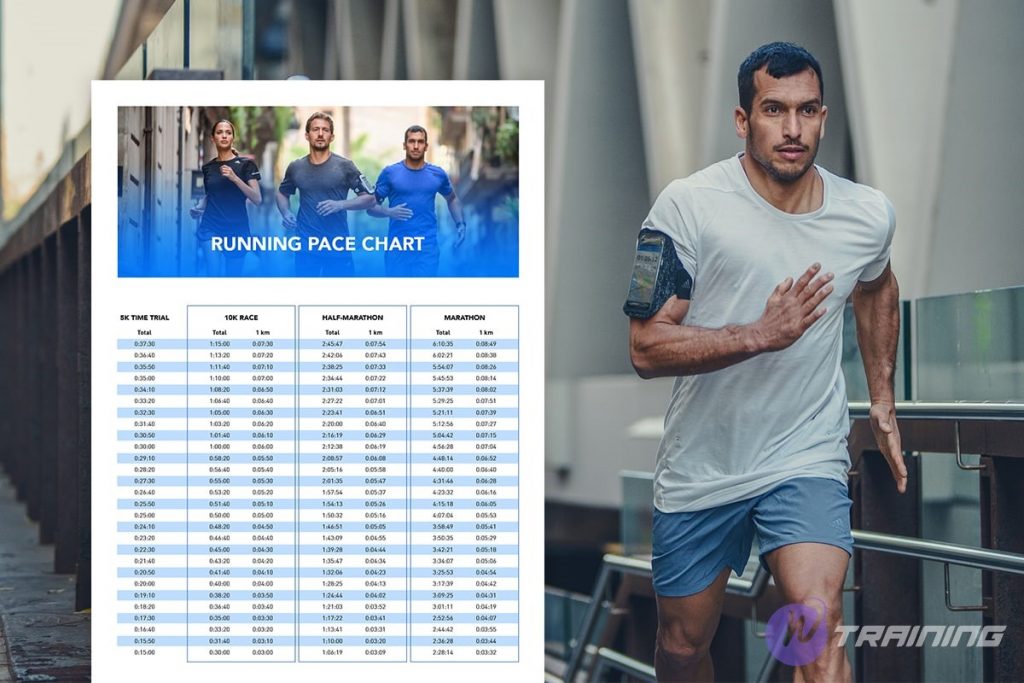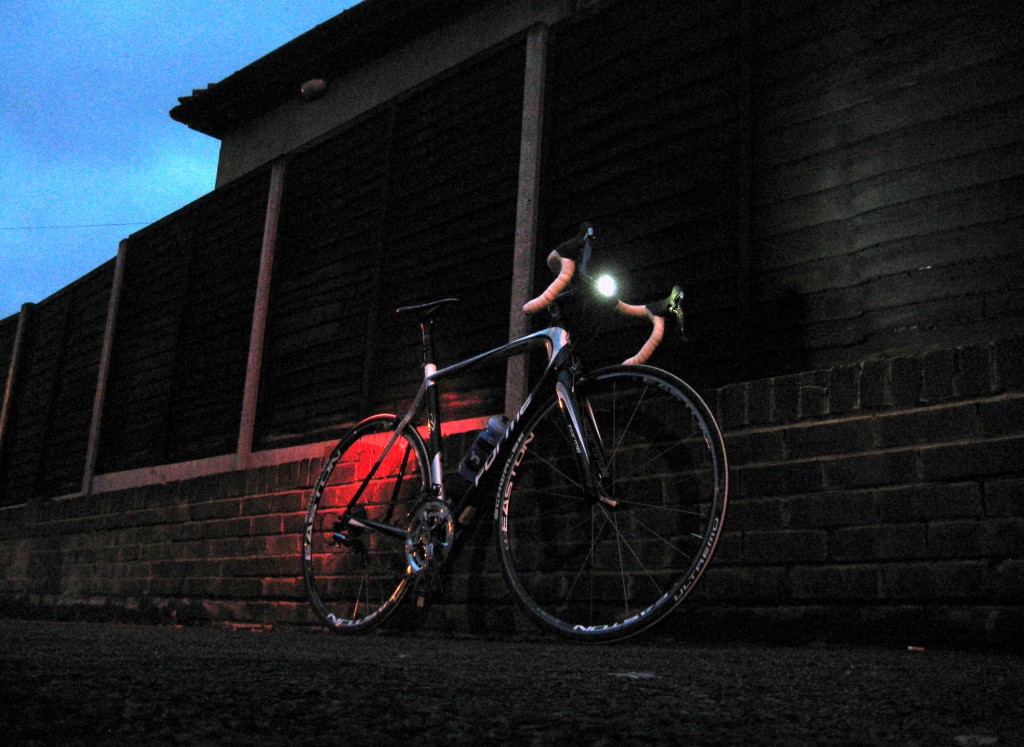Pace is one of the concepts familiar to those who regularly practice sports, especially those who love running. If you want to run properly and make sure to complete your workout at the right pace, you should know the tips for using the running pace calculator.
What is Pace?
Pace is a term for speed, measured by the time it takes you to complete each kilometer or mile for a certain distance of the journey.
Professional runners like athletes or even running enthusiasts use minutes/km to measure pace.
- Pace 6:30: means running 1km in 6 minutes 30 seconds, about 9.23 km / h (is your speed).
- Pace 7:00: running at 7 minutes / km, equivalent to the speed of 8,56km / h.
This is a more compact, scientific and professional way of calculating speed and completion time in your journey.
Related: 6-Week 5K Training Plan for Beginner
The effect of Pace in running
By doing the pace workout, you will get many benefits related to improving your running stats and your running habits.
1. Measure your running performance
As a tool to measure running speed, running time, similar to km / h, Pace helps you calculate the time to complete a journey in a certain time.
Measuring efficiency when running is extremely important because it will let you know your own abilities, and then come up with more effective running plans to promote your inherent skills.
Pace is also a way to evaluate performance, see who is faster than who in an equal distance based on running speed.
2. Increase fitness when running
When you know how much your first running ability is, you will plan to surpass that initial milestone and reach new heights.
Passing the milestones or in other words breaking your own records helps you improve your fitness significantly, increase endurance and endurance when running.
3. Adjust exercise intensity, build a training plan
If you know how many kilometers you can run in a period based on the pace, then it is an important base for you to form a training routine, build a better training regime to win milestones.

Running pace calculator
Pace calculators are useful for both new runners and expert runners. With a pace calculator, you can:
- Determine how fast your pace should be if you have a certain finish time for a desired distance or race. For example, find out what pace you need to keep to run a 28-minute 5K or a sub-2:00 half marathon.
- Determine what your pace was for your training run around the neighborhood or track. For example, find out how fast your pace was for that 46-minute 5-mile training run.
- Determine the distance you ran. For example, you can calculate the distance you ran by inputting the pace you ran at and the duration of your training run or race
You can use a running pace calculator or do the math yourself. Whatever method you use, it is essential to understand the meaning of the pace formula.
1. Pace Calculator
To calculate your pace, you will need to know the distance you have walked or run and the time it took you to do so.
| Pace = Time / Distance |
A pace may not be a round number of minutes, in which case you will need to convert fractions of a minute to seconds. Multiply the fraction of a minute by 60. For example, 0.5 minutes = 30 seconds.
2. Speed Calculator
Speed is the flip side of pace. It is the calculation of distance over time, expressed in miles per hour or kilometers per hour. To calculate your speed, you will need to know the distance you walked or ran and the time it took you to do so.
| Speed = Distance / Time |
Or, if you have your pace, you can convert it to speed. Simply divide 60 by your pace.
| Speed = 60 / Pace |
When you aren’t using whole hours in the calculation, convert the number to minutes, then multiply the result by 60 minutes per hour to get miles per hour or kilometers per hour.
Some sample speed calculations:
- Running 6 miles in 1 hour: 6 / 1 = 6 miles per hour (mph)
- Walking 6 miles in 2 hours: 6 / 2 = 3 mph
- Running a half marathon (13.1 miles) in 1.5 hours (90 minutes): 13.1 / 90 = .1455 x 60 = 8.73 mph
3. Distance Calculator
If you know your pace or your speed and how much time you will be walking or running, you can calculate how far you should go in that time. This can be useful if you have a set amount of time for a workout and want to see how far you could go. Sometimes you will need to convert distances, in which case it is useful to know that a kilometer is 0.62 miles and a mile is 1.61 kilometers.
| Distance = Time / Pace |
| Distance = Speed x Time |
4. Finish Time Calculator
Knowing how long it will take you to finish is important to know before you register for a race. Walkers and slow runners must be sure they can finish in under the course time cutoff. You may also want to compare your finish time with lists of winners to see if you might qualify for a trophy for your age group.
To calculate your finish time, you will need to know your pace in minutes per mile or minutes per kilometer (or your speed in miles per hour or kilometers per hour) and the distance of the course.
| Finish Time = Distance x Pace |
| Finish Time = Distance / Speed |
Be sure you are checking your pace in more than one way, as a GPS-based speed may be inaccurate. Doing a timed mile or a timed kilometer can be a better way to find an accurate pace. Otherwise, your finish time will also be inaccurate.

A pace calculator can be a good check on what your GPS fitness app or GPS fitness speedometer is showing as your speed or pace. These can be inaccurate, and you don’t want to think you are faster than you actually are.
A common factor that contributes to inaccuracy is being in an area with buildings, trees, or hills that block the satellite signal that is used to measure your position. It’s a good idea to check any device by measuring your walking or running speed over a known distance using a timer.
So you have an overview of the pace and pace and related factors. Hope you will be successful with using our incredible tips using the running pace calculator.
Read more:
How does Jogging Ease Depression and Anxiety?
Can I Go Running At Night For Weight Loss?








